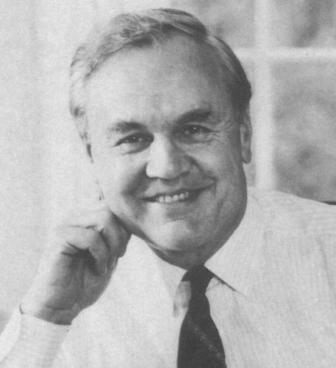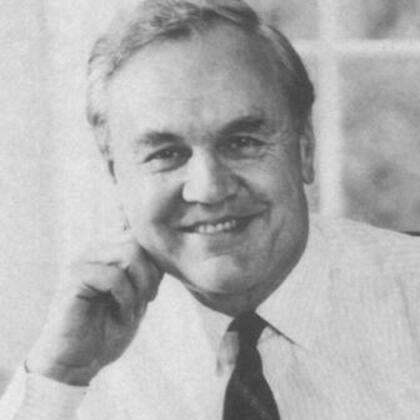Measuring Prices and Inflation
Share
- Details
- Text
- Audio
- Downloads
- Extra Reading
Across the ages, the value of money has consistently been considered an important issue. If there is no measure of its value, then there is nothing by which to judge the changes in prices and wages. Wage bargaining and savings become difficult and, in practice, invites a series of ‘amateur’ indices which inevitably vary very widely and lead to disputes. Having a standard form of index will not solve (or cure) inflation itself, but it can demonstrate what might be considered fair and reasonable in terms of changes to wages and prices.
The most common index of prices used in the UK is the Retail Prices Index. How is this worked out? Is this the best measure of inflation? What alternatives are there and what are their advantages?
This is a part of the lecture series, Government Statistics.
Download Text
This event was on Wed, 09 Mar 1994
Support Gresham
Gresham College has offered an outstanding education to the public free of charge for over 400 years. Today, Gresham plays an important role in fostering a love of learning and a greater understanding of ourselves and the world around us. Your donation will help to widen our reach and to broaden our audience, allowing more people to benefit from a high-quality education from some of the brightest minds.


 Login
Login






